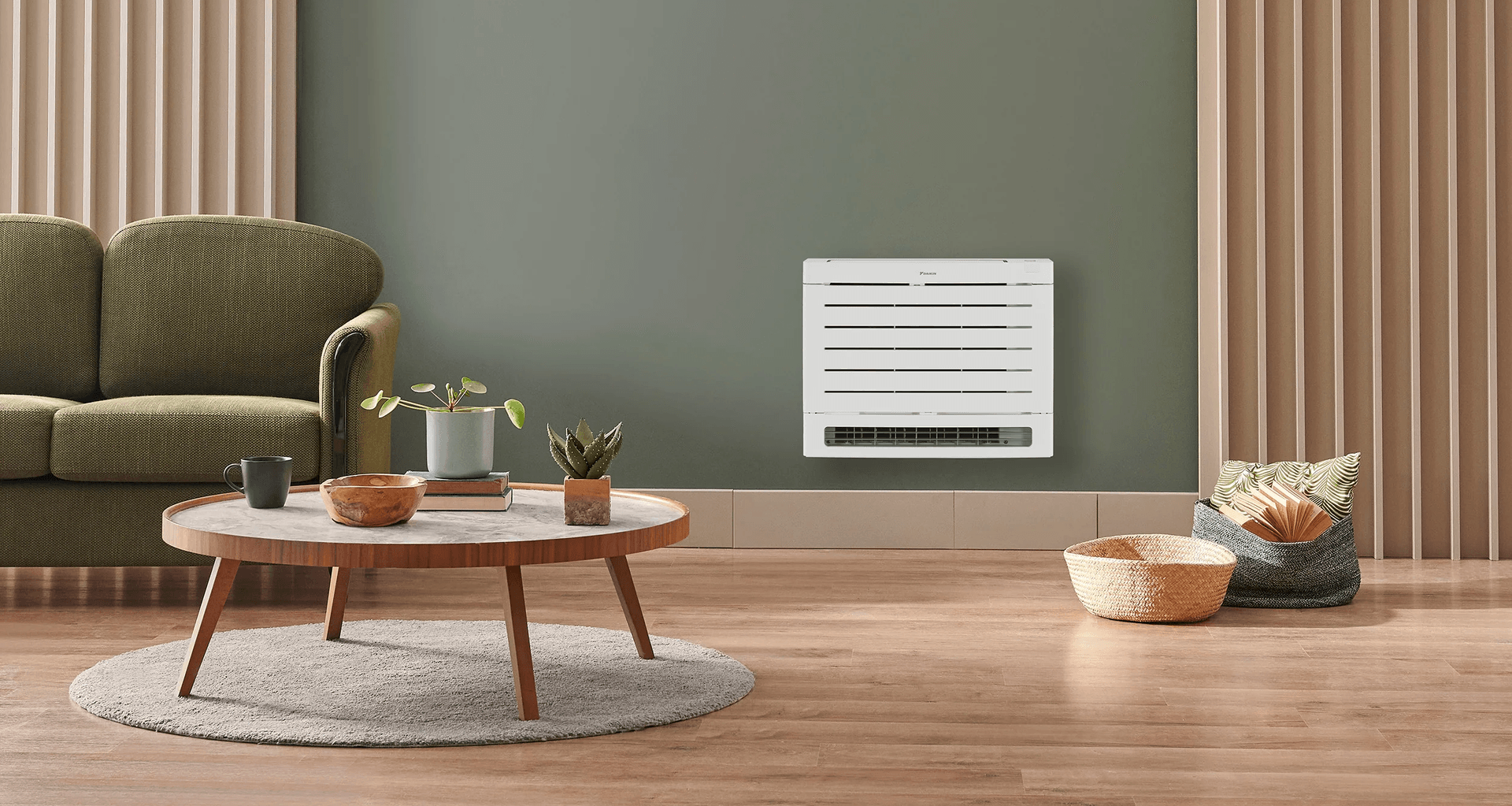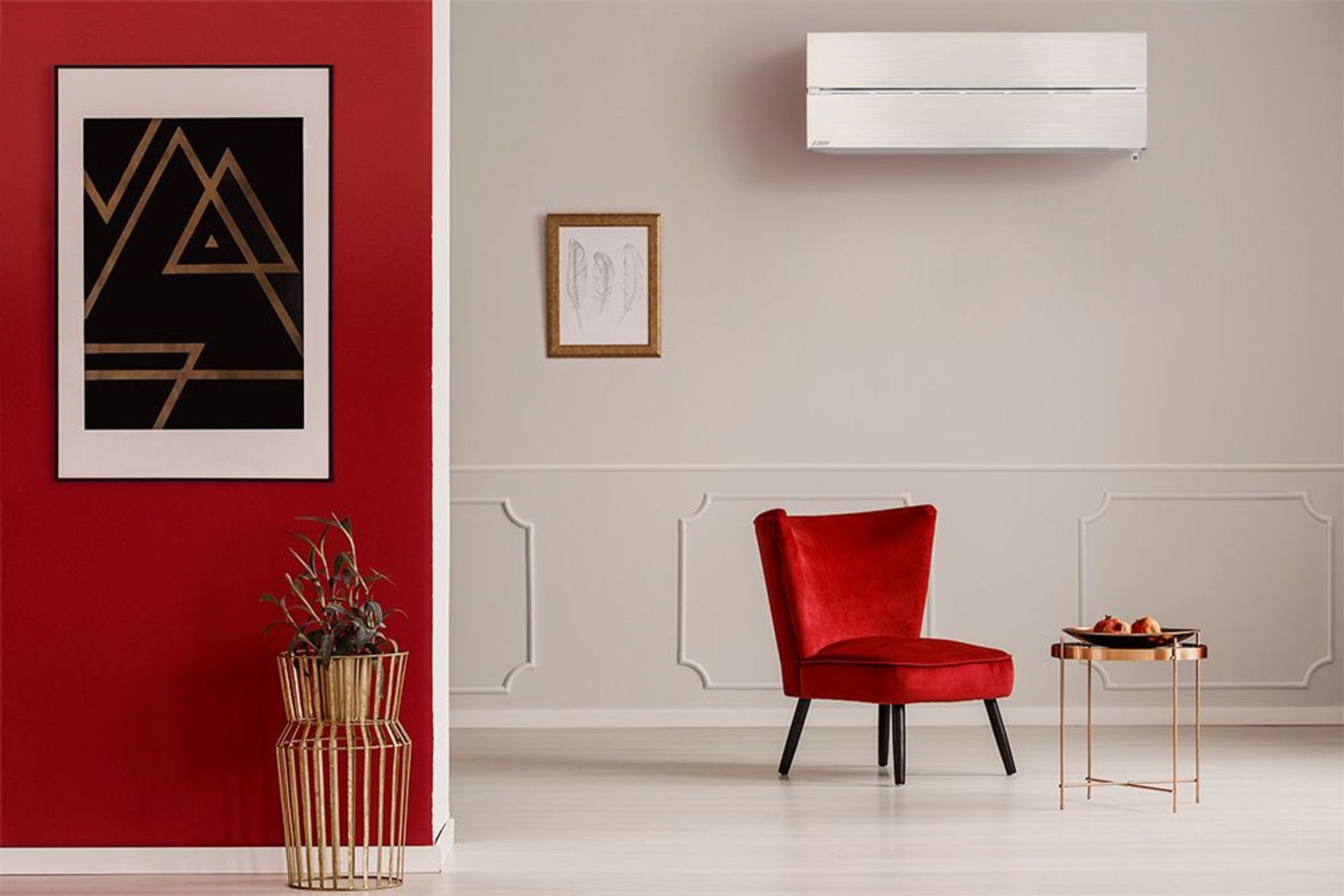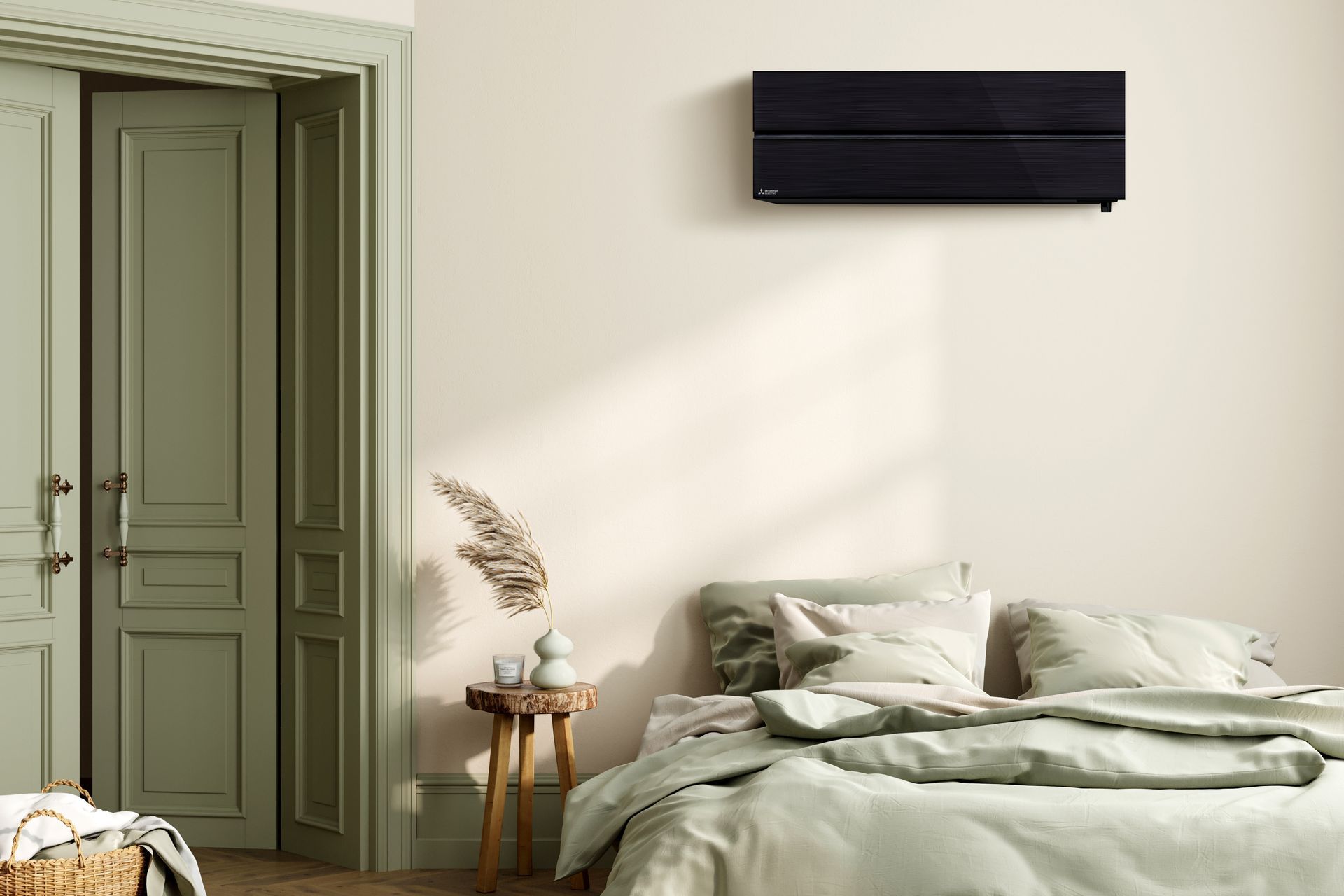Maximising comfort: choosing the right size heat pump for your home

While selecting a heat pump can seem straightforward, finding the right size is a bit more complex. Equipping your home with an ill-fitting pump can cause inefficient heating, noise issues, and excessive energy consumption.
Why does heat pump size matter?
The size of a heat pump is essential for efficiency, comfort, and cost. A properly sized heat pump will operate efficiently, avoiding excessive energy use and wear. An undersized unit may struggle to meet demand, while an oversized one can cause inefficient cycling and temperature swings. Correct sizing ensures consistent indoor temperatures, avoids uneven heating or cooling, and minimises upfront and long-term costs. Additionally, it can extend the unit's lifespan and reduce noise levels. Overall, proper sizing optimises performance, comfort, and cost-efficiency.
Key points:
- Efficiency: Avoids excessive energy use and wear.
- Comfort: Ensures consistent temperatures and avoids draughts.
- Cost: Minimises both upfront and long-term expenses.
- Longevity: Extends the unit's lifespan.
- Noise levels: Reduces operational noise.
How do you calculate the size of a heat pump?
A good ratio to use to find the right size heat pump is around 0.12kW per square metre of living space. Calculating the size of a heat pump will depend on the chosen system and whether you want to heat your entire home or individual rooms.
Ducted heat pump system
A ducted heat pump system is a great solution for whole-house heating. The average-sized home in New Zealand is 150 square metres, and if we use our general ratio, a good-sized ducted heat pump system should have an output of approximately 18kW.
Split system heat pump
If you’re considering a split system heat pump which is used to heat individual rooms, you'll need to calculate the heating requirement for each space separately.
Split systems are standalone units, so the size of the room determines the heat pump size. For example, a small bedroom measuring 6 square metres would require about 0.72 kW, while a larger room of 30 square metres might need around 3.6 kW. It's important to note that most heat pump models start at a minimum capacity of 2.5 kW.

Other factors that affect heat pump size
When selecting a heat pump, it's essential to consider factors like home size, insulation, window quality, and climate, as these impact the system's efficiency and performance. Additionally, air leakage, occupancy, room layout, and local building codes will influence the appropriate size for optimal comfort and energy use.
- Home size: Larger homes require bigger heat pumps to heat or cool the entire area adequately. As mentioned above, you'll need 0.12kW of heating capacity for every square metre of your home. However, this can vary based on other factors like insulation and window quality.
- Insulation: Well-insulated homes retain heat more effectively, reducing the heat pump size needed. You can reduce the required heat pump size by up to 10% for a highly insulated house. Conversely, poor insulation will mean a larger unit is necessary to compensate for heat loss.
- Window quality: Large windows, especially single-pane or poorly insulated ones, can increase heat loss. For example, a home with large glass areas, like sliding doors, may need up to 10-15% more heating capacity. Upgrading to double glazing can help reduce this requirement.
- Climate: In colder or hotter climates, more powerful heat pumps are needed to handle extreme temperatures. For instance, a higher kW output in colder regions like the South Island is essential to maintain comfort, whereas milder climates may allow for smaller units. It’s best to consult an HVAC professional when factoring in climate.
- Air leakage: Homes with significant air leaks or drafts may need larger units to compensate for the heat escaping. Sealing gaps, adding weather stripping, and improving overall airtightness can help reduce the need for a larger heat pump.
- Occupancy and usage: More people or heavy usage of appliances that generate heat (like ovens) can increase the demand for the heat pump in cooling mode. You might need a slightly larger unit in a highly occupied home; the increase will vary based on what's being used in the house, but 10% to 15% more is a good place to start.
- Room layout: Open-plan homes allow heat to be distributed more evenly, potentially reducing the need for multiple units. In contrast, homes with several small rooms may require either multiple heat pumps or a more powerful one to ensure consistent heating.
Running costs
Understanding how much power your home will need will contribute to its overall comfort and efficiency. The running cost of a heat pump is dependent on the number of kWs per year, which is information included in the Energy Star rating that most products have. Understanding the energy efficiency rating system is essential to working out costs.
Energy efficiency ratings
Understanding energy efficiency ratings in New Zealand is key when selecting a heat pump, as they influence both energy use and cost. The Energy Star rating system allows easy comparison, with higher-rated models offering greater efficiency and lower running costs. Seasonal Energy Efficiency Ratio (SEER) ratings further highlight performance across different temperatures, which is crucial for New Zealand’s varied climate.
Understanding the star system is straightforward: the higher the star rating, the more efficiently the heat pump operates, reducing energy consumption and lowering running costs. Choosing a heat pump with a high energy efficiency rating ensures long-term savings and reduces your environmental impact.
Using the Gen Less appliance calculator tool
The Gen Less appliance calculator is a valuable tool for estimating energy consumption and annual running costs for specific appliances, including heat pumps.
This tool provides detailed energy consumption information on over 700 heat pumps available in New Zealand. The tool also factors in regional variations to give you the most accurate estimate for your utility bill.
To use it, you can simply enter the model number of the heat pump you’re looking at or browse and filter by brand name, energy rating, heat output, cooling output and more.
It’s a great tool for comparing the running costs of all your different options, providing powerful insights to help you make informed decisions.

Installation considerations
The size and installation of a heat pump are essential factors that directly affect its performance and efficiency. A properly sized heat pump ensures consistent temperatures and efficient operation. At the same time, an undersized unit may struggle to meet demand, and an oversized one can cause frequent cycling and uneven heating or cooling.
Ideally, the indoor unit should be positioned in a central location, allowing airflow to reach multiple areas of the room. Installing it high on a wall ensures that warm air can circulate effectively throughout the space. On the other hand, poor placement—such as positioning the unit near heat sources or in a cramped corner—can hinder performance, causing uneven heating or cooling and forcing the system to work harder, which increases energy use.
Ultimately, professional heat pump installation is recommended to ensure the system is correctly sized, positioned, and calibrated, ultimately enhancing the heat pump’s longevity and energy efficiency. Furthermore, while it is not required to hire a professional to install the heat pump, you are required to hire a certified electrician to connect the pump to the electrical supply.
Related article: The true cost of buying and installing a heat pump in New Zealand
Keep your home comfortable all year round
Selecting the right heat pump involves evaluating various factors, such as your home’s size, insulation, and local climate. Understanding the different types of heat pumps—ducted, split, and multi—helps you make an informed choice that ensures comfort and efficiency. Proper sizing and installation will optimise performance, reduce costs, and enhance your overall comfort.
Related article: A deep dive into split system heat pumps: How they can enhance your home’s climate
